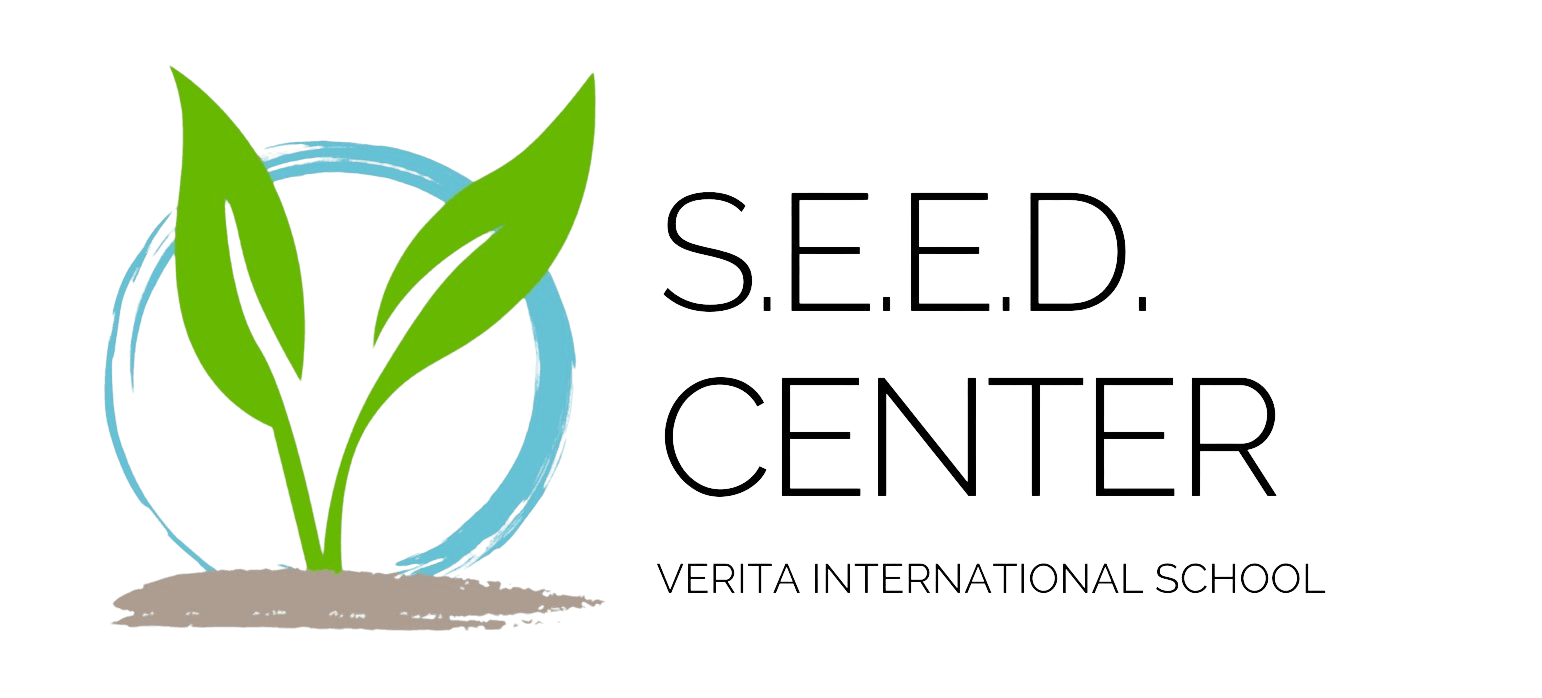Comparing Educational Methods: Traditional vs. Modern Approaches in Greece
Understanding Traditional Education in Greece
The educational landscape in Greece has long been dominated by traditional methods, deeply rooted in the country's rich historical and cultural heritage. Traditional education is characterized by a structured environment where the teacher is the primary source of knowledge. This approach emphasizes memorization and rote learning, with a focus on classical subjects such as mathematics, literature, and history.
In a traditional classroom, students are often required to sit quietly and absorb information presented by the teacher. This method has been effective in instilling discipline and a strong foundation of essential academic skills. However, it may not always cater to the diverse learning needs of every student.

The Rise of Modern Educational Approaches
As global educational paradigms shift, Greece is witnessing a gradual transition towards modern educational methods. These approaches prioritize student engagement, critical thinking, and the development of problem-solving skills. Modern education often incorporates technology and interactive learning techniques to create a more dynamic and personalized learning experience.
One of the key aspects of modern education is its emphasis on experiential learning. Students are encouraged to participate in discussions, group projects, and hands-on activities that foster creativity and collaboration. This shift aims to prepare students for the challenges of the 21st-century workforce.

Comparing Teaching Techniques
There are several differences in teaching techniques between traditional and modern educational methods. In traditional settings, lectures and textbooks are the primary tools used for instruction. Conversely, modern classrooms utilize digital resources, such as online platforms and multimedia presentations, to enhance learning.
Moreover, assessment methods differ significantly. Traditional education relies heavily on standardized testing to evaluate student performance, while modern approaches incorporate a variety of assessment tools including projects, presentations, and peer reviews.
Impacts on Student Development
The impact of educational methods on student development cannot be overstated. Traditional education tends to produce students who excel in structured environments and possess strong foundational knowledge. However, these students might struggle with adapting to rapidly changing scenarios that require innovative thinking.
On the other hand, modern educational approaches aim to develop well-rounded individuals who are not only knowledgeable but also adaptable and creative. These students are better equipped to handle complex problems and work collaboratively in diverse teams.

Cultural Considerations
In Greece, cultural factors play a significant role in shaping educational preferences. The country's deep respect for its historical roots often favors traditional methods. Nonetheless, there is a growing recognition of the benefits brought by modern approaches, especially in fostering global competitiveness.
The challenge lies in striking a balance that respects cultural traditions while embracing innovative practices. Schools are increasingly adopting a hybrid approach that integrates elements from both traditional and modern education.
The Future of Education in Greece
As Greece continues to evolve its educational strategies, the future will likely see a fusion of traditional and modern methods. Educational institutions are exploring ways to combine the structured rigor of traditional education with the flexibility and creativity of modern approaches.
Ultimately, the goal is to create an educational system that not only honors Greece's rich cultural heritage but also prepares students for a future driven by innovation and change. By embracing this dual approach, Greece can offer an education that is both deeply rooted in tradition and forward-thinking.
